The Significance of Presidents’ Day in February 2025
Related Articles: The Significance of Presidents’ Day in February 2025
Introduction
With great pleasure, we will explore the intriguing topic related to The Significance of Presidents’ Day in February 2025. Let’s weave interesting information and offer fresh perspectives to the readers.
Table of Content
The Significance of Presidents’ Day in February 2025
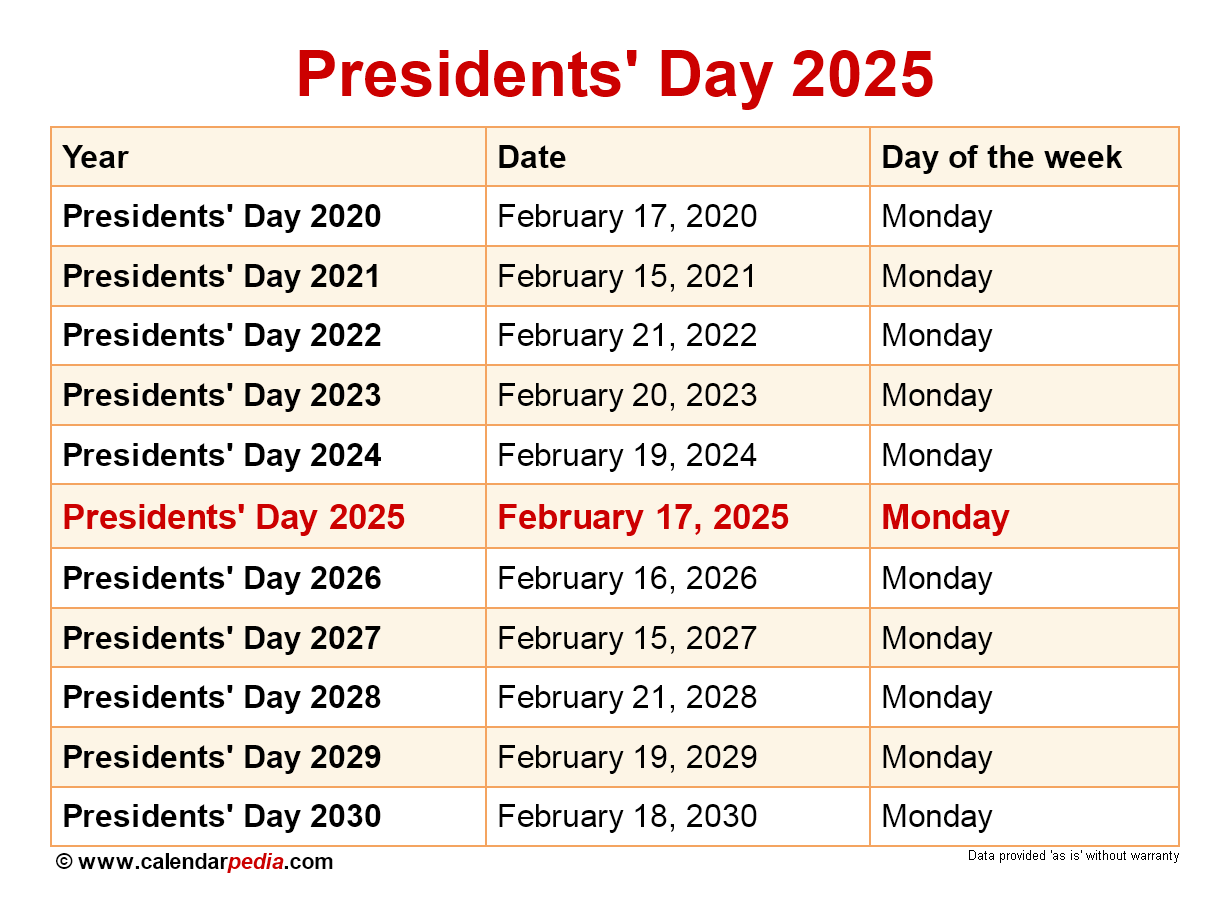
Presidents’ Day, celebrated annually on the third Monday of February, is a federal holiday in the United States. In 2025, this day falls on February 17th. While often considered a day to honor all U.S. presidents, its historical roots and modern significance extend beyond a simple commemoration.
Historical Context and Evolution:
The holiday’s origins trace back to 1885 when Congress declared February 22nd, George Washington’s birthday, a federal holiday. Over time, the celebration expanded to encompass Abraham Lincoln’s birthday on February 12th. In 1971, the Uniform Monday Holiday Act shifted the holiday to the third Monday of February, creating a three-day weekend and streamlining the observance. This change aimed to consolidate multiple federal holidays, reduce the number of disruptions to business operations, and provide a consistent schedule for observing national holidays.
The Modern Significance:
While the holiday’s name acknowledges all U.S. presidents, its focus has shifted towards recognizing the ideals of leadership, democracy, and the principles upon which the nation was founded. The celebration offers an opportunity to reflect on the legacy of past presidents, their contributions to the nation’s history, and the challenges faced by the nation throughout its evolution. It also serves as a reminder of the importance of civic engagement, the responsibilities of citizenship, and the ongoing quest for a more perfect union.
Beyond the Holiday:
Presidents’ Day is not merely a day off from work or school. It presents an opportunity for individuals, communities, and institutions to engage in meaningful activities that promote civic understanding and participation. This could include visiting historical sites, participating in community service initiatives, attending educational events, or simply engaging in thoughtful discussions about the nation’s past, present, and future.
Educational Value:
Presidents’ Day offers a valuable opportunity for learning about American history and the lives of individuals who have shaped the nation’s destiny. It encourages critical thinking about the challenges and triumphs of past presidencies, the evolution of political systems, and the enduring values that have guided the country through various historical eras.
Economic Impact:
The holiday’s impact on the economy is undeniable. It provides a boost to retail sales, tourism, and leisure activities. Many businesses use the occasion to offer promotions, discounts, and special deals, further stimulating consumer spending. However, it’s important to note that the holiday can also disrupt business operations, particularly in industries that rely on a consistent workforce.
FAQs:
Q: Why is Presidents’ Day celebrated on a Monday?
A: The Uniform Monday Holiday Act of 1971 shifted the observance to the third Monday of February, creating a three-day weekend and aligning with the federal government’s strategy to consolidate holidays and streamline business operations.
Q: Does Presidents’ Day recognize specific presidents?
A: While the holiday acknowledges all U.S. presidents, it is particularly associated with George Washington and Abraham Lincoln due to their historical significance and the initial focus of the holiday on their birthdays.
Q: Are there any traditional activities associated with Presidents’ Day?
A: While there aren’t specific traditional activities associated with the holiday, many individuals and communities engage in activities that promote civic understanding and participation, such as visiting historical sites, participating in community service initiatives, or attending educational events.
Tips for Observing Presidents’ Day:
- Engage in civic learning: Visit a historical site, attend a museum exhibit, or read about the lives and accomplishments of past presidents.
- Participate in community service: Volunteer at a local organization, donate to a charitable cause, or participate in a community cleanup effort.
- Engage in meaningful conversations: Discuss the challenges and triumphs of past presidencies, the importance of civic engagement, and the values that define American democracy.
- Reflect on the nation’s history: Take time to reflect on the sacrifices and contributions of those who have shaped the nation’s past and consider how to contribute to its future.
Conclusion:
Presidents’ Day is a time for reflection, remembrance, and engagement. It provides an opportunity to celebrate the ideals of leadership, democracy, and the enduring principles upon which the United States was founded. While the holiday has evolved over time, its core purpose remains the same: to honor the legacy of past presidents, acknowledge the challenges and triumphs of the nation’s history, and inspire a renewed commitment to the ideals of citizenship and civic engagement. As we celebrate Presidents’ Day in February 2025, let us remember the importance of preserving the nation’s heritage, fostering a spirit of unity and understanding, and working towards a future that reflects the best of American values.

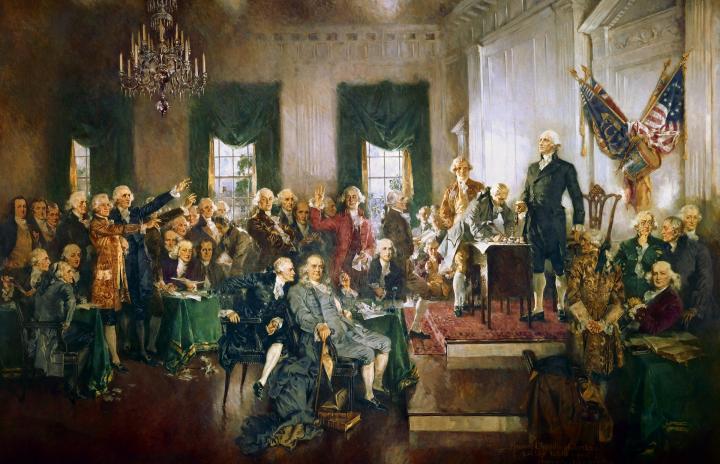

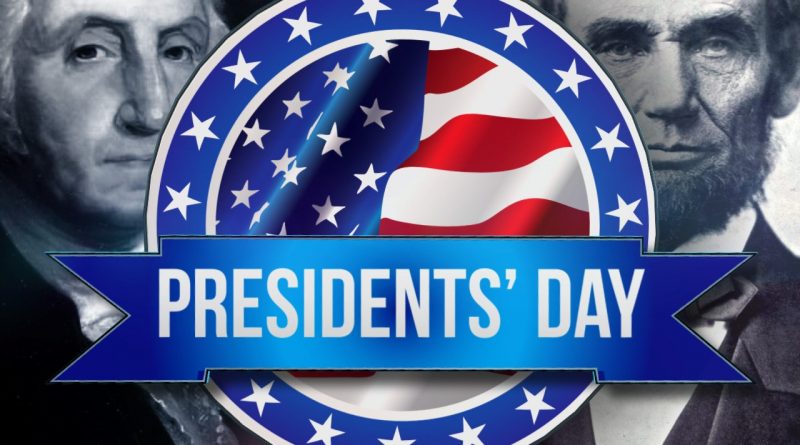


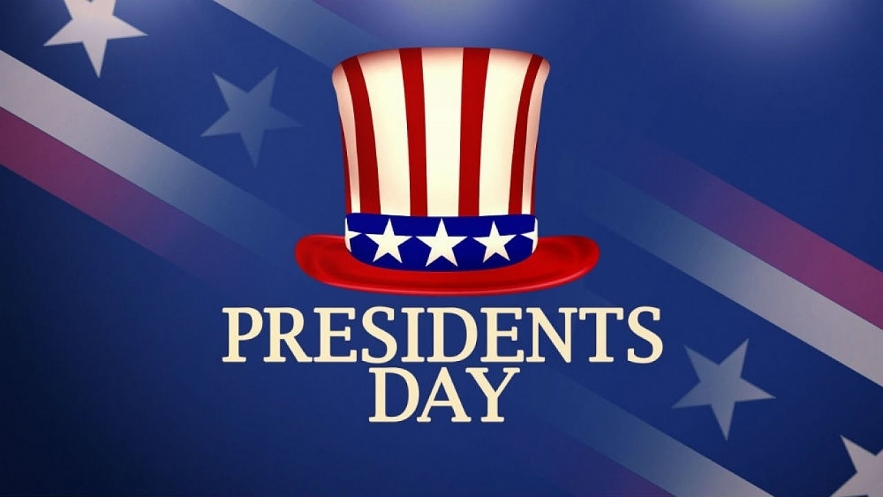
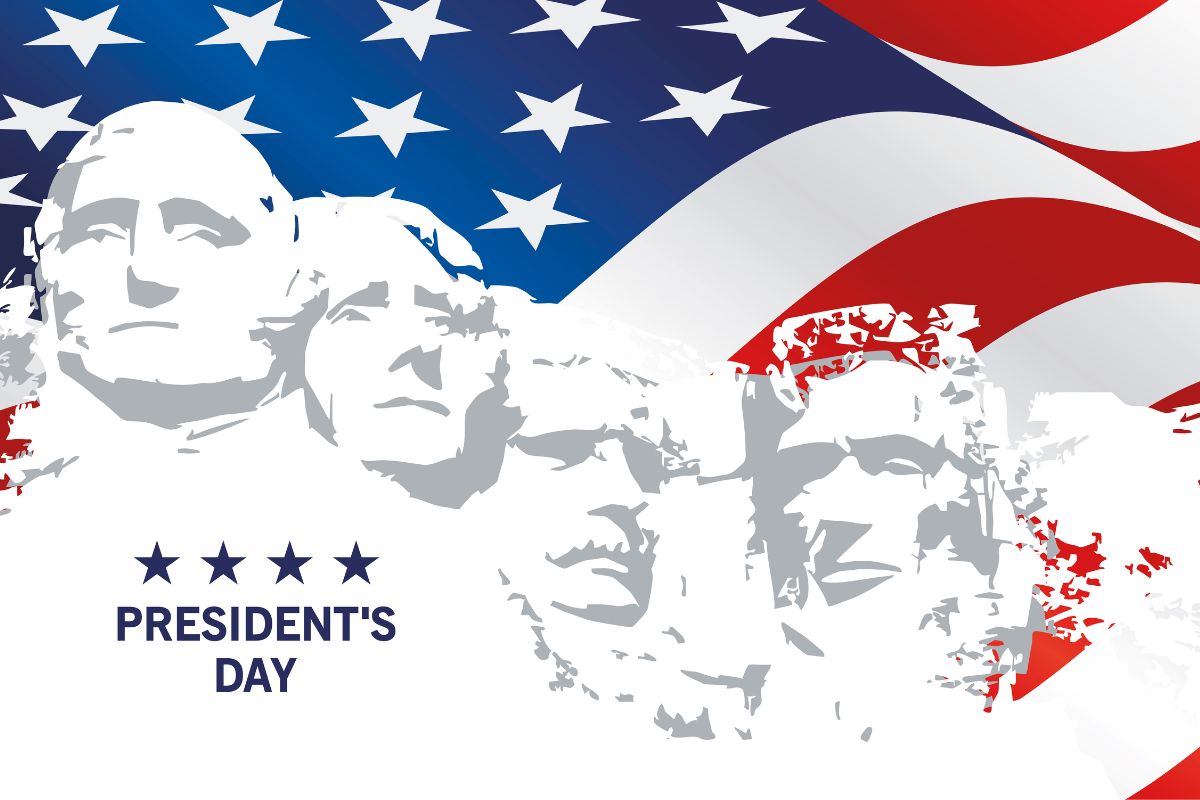
Closure
Thus, we hope this article has provided valuable insights into The Significance of Presidents’ Day in February 2025. We thank you for taking the time to read this article. See you in our next article!